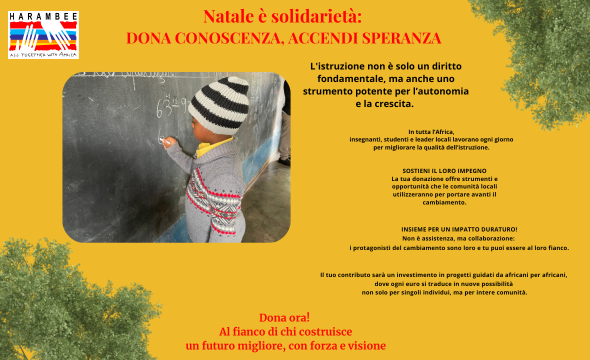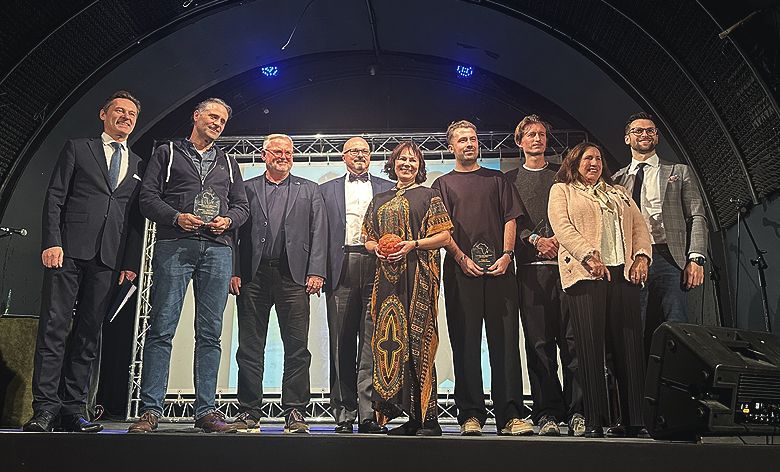Mozambique. The Harambee project is countering the food crisis exacerbated by COVID.
According to the FAO-WFP report, 27 countries in the world are now on the brink of food crises due to COVID-19, including Mozambique. According to WFP, acute malnutrition is estimated at 4.4% and chronic malnutrition at 42.3% (2020). The consequences of the new pandemic come on top of climate shocks, with negative impacts on agriculture and hence livelihoods in a country where some 71% of the workforce is employed in the countryside.
"The agriculture practised is mainly subsistence and is strongly affected by frequent climate changes such as droughts, heavy rains, floods and cyclones."
The government of Mozambique has prioritised food security and livelihoods to combat poverty, accelerating national plans to increase agricultural productivity, but collateral damage caused by the new Coronavirus runs faster.
In this context, Harambee supports the Dignity Moçambique Association, which promotes family and youth entrepreneurship in the agricultural sector in the province of Tete (central area of the country).
"The intention is to help people rehabilitate land, optimise harvests and create income-generating activities," says Emilio Romão, who plays the role of mediator between the trainers and the families in the community in the project promoted by Harambee, so as to ensure a constant adaptation of concepts, skills and knowledge to the traditional context of the community and the territory.
The project aims to promote responsible, sustainable, ecological and circular production. "A first important objective will be to organise training and production in such a way as to ensure, through appropriate rotation of local crops, the cultivation and availability of plants and vegetables throughout the year." Initially, 100 families and about 400 people are involved who will later be able to act as trainers for others.
WE NEED YOUR HELP, too: click here for information on the project.







